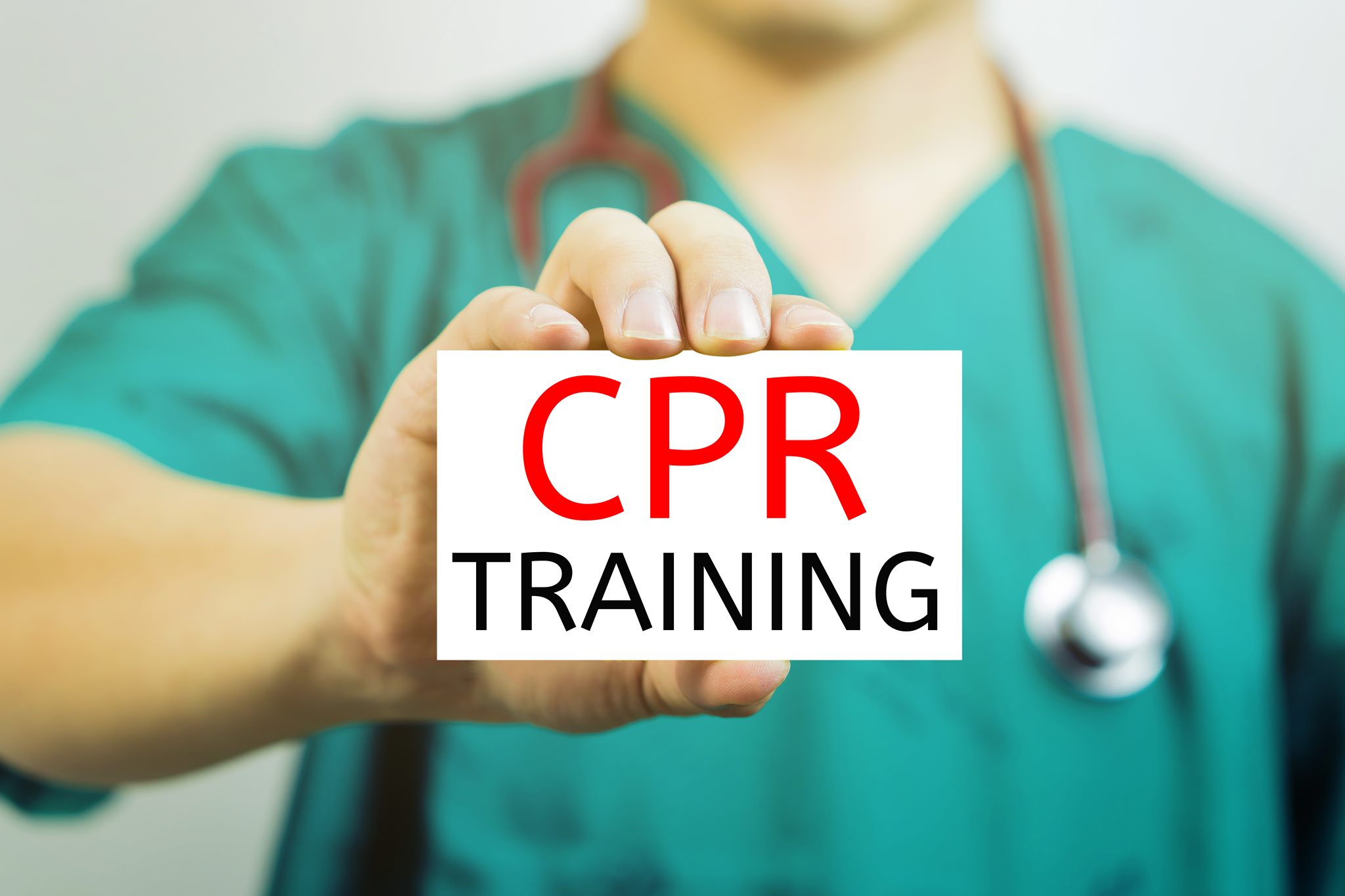Pulse CPR School….3 Common CPR Mistakes
Accredited online CPR certification courses can teach you how to save lives by administering CPR to someone in cardiac arrest. CPR must be given to an individual within two minutes of cardiac arrest to increase their chances of survival and recovery. Once an individual experiences cardiac arrest, the body can only go approximately four minutes before permanent damage to the body happens and organs start to shut down. The average response time for paramedics to arrive on the scene of an emergency is five to 10 minutes, depending on where you live. This is why learning CPR correctly is so critical so that you can sustain life until medical help arrives.
One of the most common CPR mistakes that people make is forgetting to call 911 emergency services. CPR is supposed to be done using 30 chest compressions and two breath intervals until emergency help arrives on the scene. If you forget to call 911, there will not be any emergency medical help arriving and your victim may not be able to recover without them. The reason to do CPR is to be able to keep all vital organs alive until help arrives. It does not work alone without medical attention from professionals.
Another common CPR mistake that individuals make is not using enough pressure for chest compressions. The pressure that you apply during chest compressions pumps blood and oxygen through the body, keeping organs functioning to sustain life. If you do not use enough pressure during chest compressions, the body may not be getting enough blood and oxygen to sustain life. Taking an Advanced Cardiovascular Life Support (ACLS) online course or Basic Life Support (BLS) online course can help demonstrate the proper technique for chest compressions when administering CPR to someone.
A third common CPR mistake is performing the chest compressions inconsistently, going too fast or too slow. Current CPR guidelines recommend performing 100-120 chest compressions per minute, using a ratio of 30:2 based on current standard guidelines, meaning 30 chest compressions and two breaths. Performing CPR correctly can help save a life and improve recovery time for those recovering from cardiac arrest.

